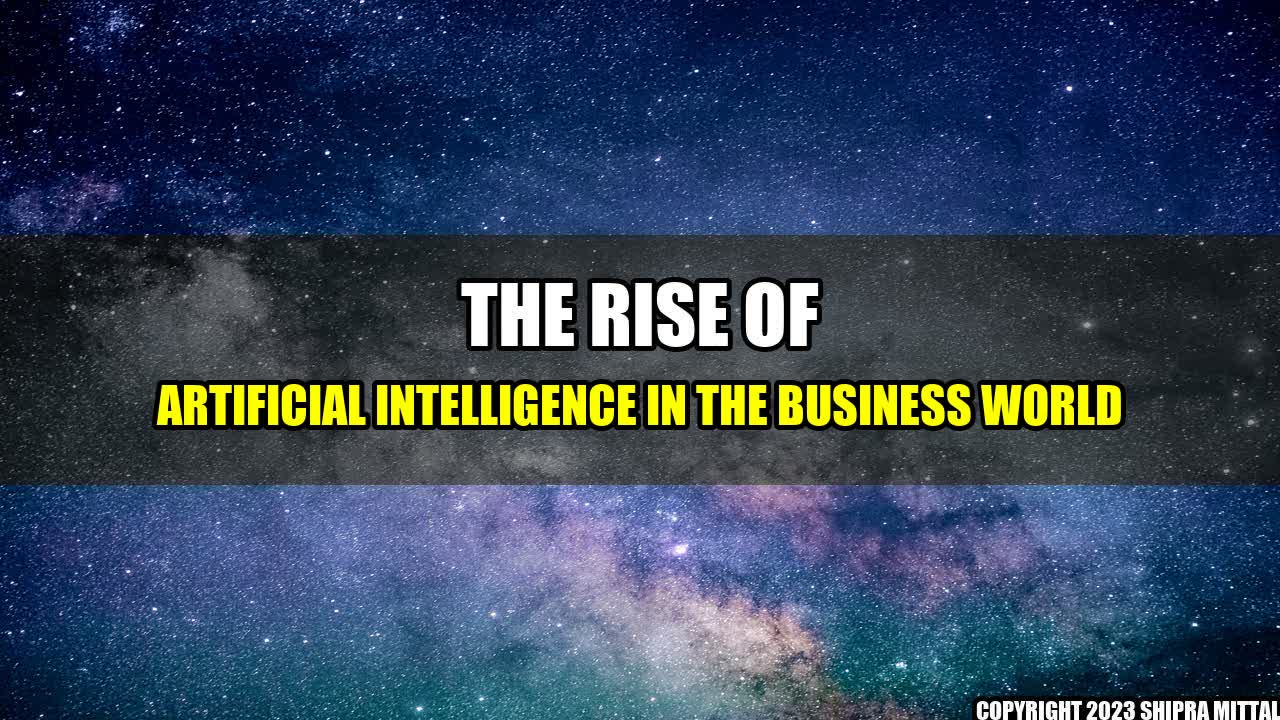Imagine that you are in a shopping mall looking for a perfect outfit for a special occasion. You wander around the stores aimlessly, and then you see a store with a window display that catches your eye. When you enter the store, a friendly AI-powered bot greets you and asks about your preference and size. You tell the bot what you are looking for and the bot recommends some dresses. You try them on in the fitting room and the bot suggests the best one based on your preference, size, and body type. You leave the store with a perfect outfit in the shortest time possible.
Real-Life Examples
The scenario described earlier is not a concept of a sci-fi movie but is a reality. AI-powered bots have already been implemented in various industries, revolutionizing business operations, and customer experiences. For instance:
- Alibaba's Alipay, the world's largest mobile and online payment platform, uses AI-powered fraud detection techniques that improve transaction security and offer a seamless payment experience for users.
- McDonald's has implemented AI-powered digital kiosks that analyze the customer's taste preference and suggest menu items accordingly.
- Amazon uses AI algorithms to predict customer's buying patterns and make personalized recommendations.
Major Companies in AI
The AI revolution has been fueled by tech giants, such as Google, Microsoft, Amazon, and IBM, investing heavily to gain an edge in the market. Below are some of the major companies driving AI innovation:
Conclusion
- The integration of AI in businesses is inevitable and it will transform the way they operate.
- The benefits of AI include improving customer experience, reducing operating costs, and increasing efficiency.
- However, there are concerns about the ethical implications of AI and the potential job loss due to automation.

Akash Mittal Tech Article
Share on Twitter Share on LinkedIn